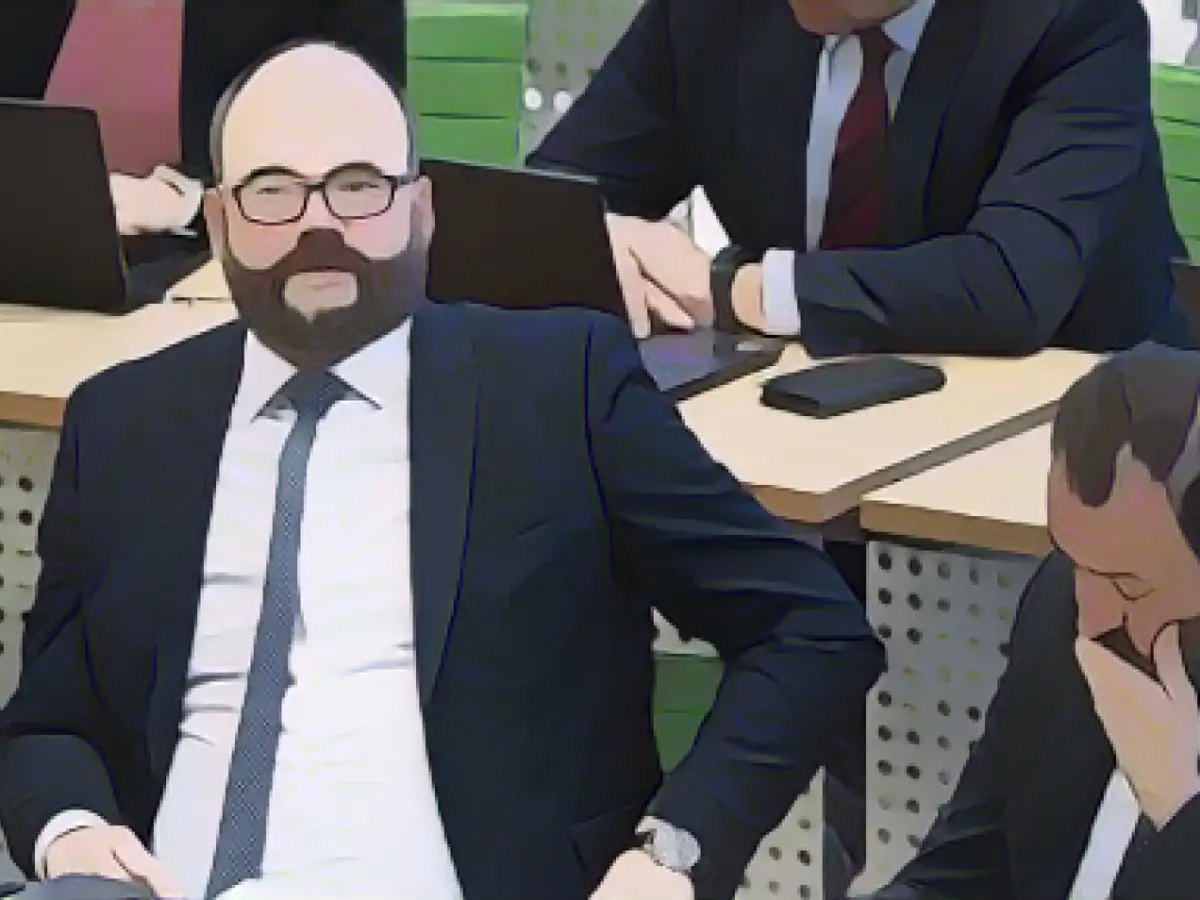Schools - The school of the future is the subject of controversial debate in Saxony
Top marks, new curricula and more autonomy for schools: The school of the future is the subject of controversial debate among experts in Saxony. This is the conclusion drawn by Minister of Education Christian Piwarz (CDU) on Thursday during the evaluation of five regional conferences on the "Saxony 2030 - A State of Education" project. From June to November, practitioners discussed 218 recommendations for action from experts. Some were met with great approval, others with much less enthusiasm.
Strong approval for numerous recommendations for action
Proposals for student participation in the design of lessons, concepts for self-organized learning and a revision and review of curricula in terms of relevance and skills acquisition were met with great approval. There was also a clear vote in favor of the recommendation to give schools more responsibility and to improve vocational orientation courses in all general education schools. The proposal to align lessons and the school day more closely with children and young people's biorhythms in future was the subject of controversial debate.
Opinions also clashed on the subject of head marks and grading. Head grades are much more subjective than other grades and have little influence on children's development. Opponents of head grades explained that people are assessed much more fairly with target agreements than with numerical values on a 5-point scale.
On the other hand, it has been pointed out several times that head marks could be an important criterion in application procedures, for example for apprenticeships or jobs. "We should keep and preserve what is tried and tested. However, things should also be accepted in order to obtain greater meaningfulness," said Piwarz.
Some proposals fell through with the experts
The recommendation to grant school vacations instead of school vacations in the future, which would allow families with children to take vacations regardless of fixed dates, was met with great rejection. Piwarz did not want to dismiss controversial proposals out of hand. He said that some things might have to be tested for their suitability. The results of the consultations will now be incorporated into a strategy paper in the spring.
No ban on artificial intelligence
There should also be no general ban on the use of artificial intelligence (AI) at the school of the future. Piwarz said that schools are already dealing with this today. By engaging with AI, pupils could also be encouraged to critically examine sources. "What surrounds young people every day and what they use in their private lives will also be used in schools. So schools have to deal with it." An AI ban would be nonsensical and "modern-day machine storming".
Read also:
- A clan member is punished here
- Traffic lawyer warns: Don't talk to the police!
- Will he be convicted as Jutta's murderer after 37 years?
- He also wanted to kill his cousin
- Minister Piwarz emphasized the importance of giving schools more personal responsibility in shaping the school of the future in Saxony.
- In Dresden, practitioners discussed various recommendations for the school of the future, including revising curricula to ensure relevance and skill acquisition.
- The topic of head marks and grading was a subject of controversy, with some arguing that target agreements provide a fairer assessment than numerical grades.
- Christian Piwarz, the CDU Minister of Education in Saxony, emphasized the need to preserve what works while also embracing new ideas to make education more meaningful for children.
- The school of the future should not implement a general ban on the use of artificial intelligence, as it is already being used and can be used as a tool to critically examine sources.
Source: www.stern.de








